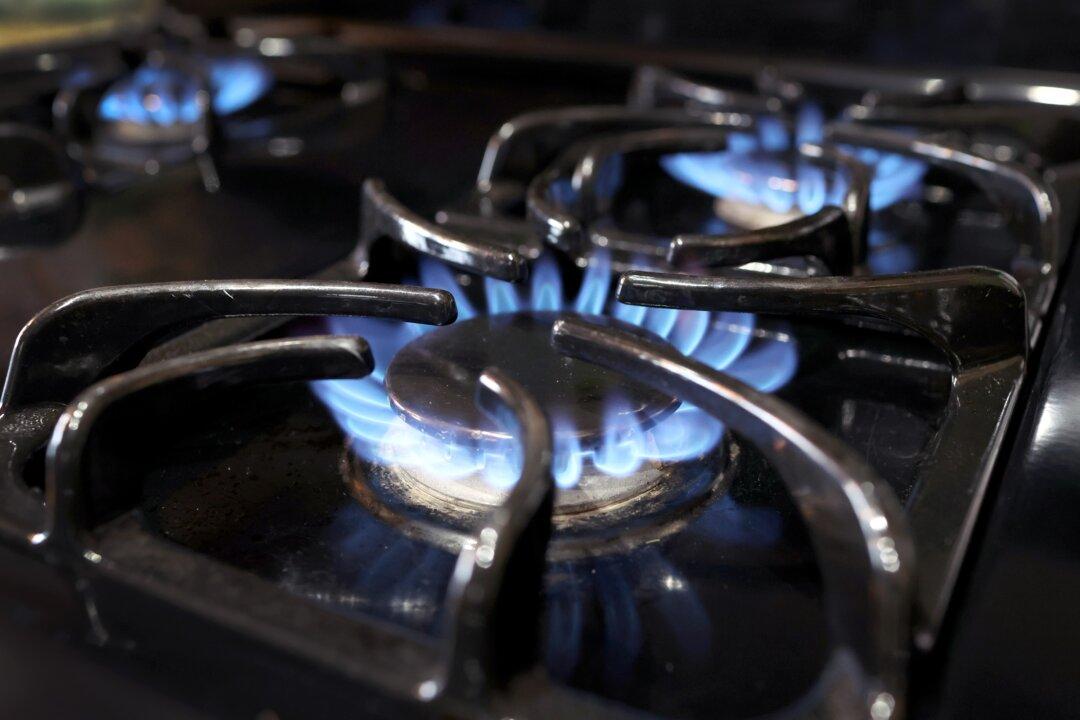Rob Ortt, the Republican minority leader in the New York State Senate, has argued that new legislation banning gas stoves will harm everyday consumers but won’t meaningfully reduce carbon emissions.
The proposed gas stove legislation would prohibit the installation of “fossil fuel equipment” and building systems in the construction of new one-family and smaller multi-family homes, beginning Dec. 31, 2025. The same prohibition applies to larger multi-family homes and commercial buildings starting Dec. 31, 2028.





